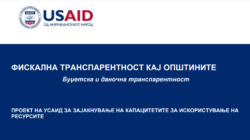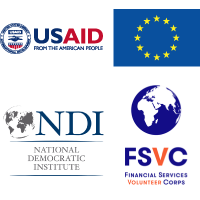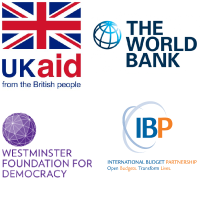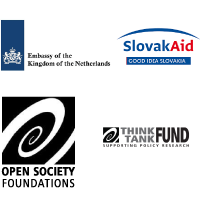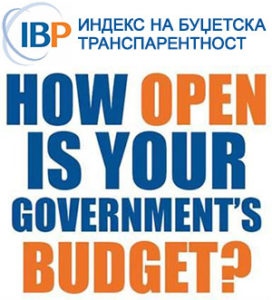About the Event
This international event brought together representatives from academia, think tanks, civil society and policy-making to take stock of where we are today and we are heading when it comes to the Rule of Law in Europe. These questions are assessed in the fields of Rights, Security and Economy in a number of expert panels, plenary sessions and keynote lectures. Particular attention was given to the situation in Central and Eastern Europe and the Western Balkans. This Event was co-organised between the Centre for European Policy Studies (CEPS) in Brussels, the Centre for Economic Analyses (CEA) in Skopje, with the full involvement of the five selected members of the ENGAGE Fellowship.
The discussions at this event often came back to the posited balance between security and democracy, both in the EU itself, as well as in the Western Balkans. The conclusion was that the strategy of ‘stabilocracy’ does not work: the EU’s tendency to put security before democracy ends up weakening both in the Western Balkans. Several of the Rule of Law challenges were highlighted during the discussions, in particular the capture of the State’s administrative and judiciary authorities by a political and economic class and the lack of space for civil society to engage. These challenges impact on various elements of policy: it limits fiscal transparency, it hampers sound and stable economic policies needed for entrepreneurship and investment, it deteriorates the independence of the (criminal) justice system, and it decreases the opportunities for civil society to monitor State activities. It thereby essentially hampers mutual trust among the State and the citizens and among the citizens themselves.
The various debates underlined the importance for the EU to have a clear, value-based and frank strategy in the Western Balkans. Various participants, including high level government representatives, highlighted their willingness to make the EU accession process more concrete and political. The EU approach of technocratic reports and the experienced absence of a true involvement of local experts and civil society was found to be inadequate. Rather, a frank discussion should take place that will lead to actual transformation of society and government in accession countries.
A cross-cutting point highlighted in the various debates was the crucial importance of bringing together academics, think tankers, civil society members, activists and educators, especially in countries where the State is captured. They can be key actors for stimulating evidence-based discussions on legitimate Rule of Law reforms. The importance of changing narratives by such actors is important, especially in situations where divisions between groups in society have been nurtured for many years. Although many Rule of Law challenges persist throughout the EU and the Western Balkans, there are positive examples of local, national and supra-national initiatives that show that change and mutual trust are possible. The discussions concluded that such changes will always have to be achieved through a Rule of Law based approach, safeguarding the values of democratic and judicial accountability and human rights.
Read the full programme and report here

